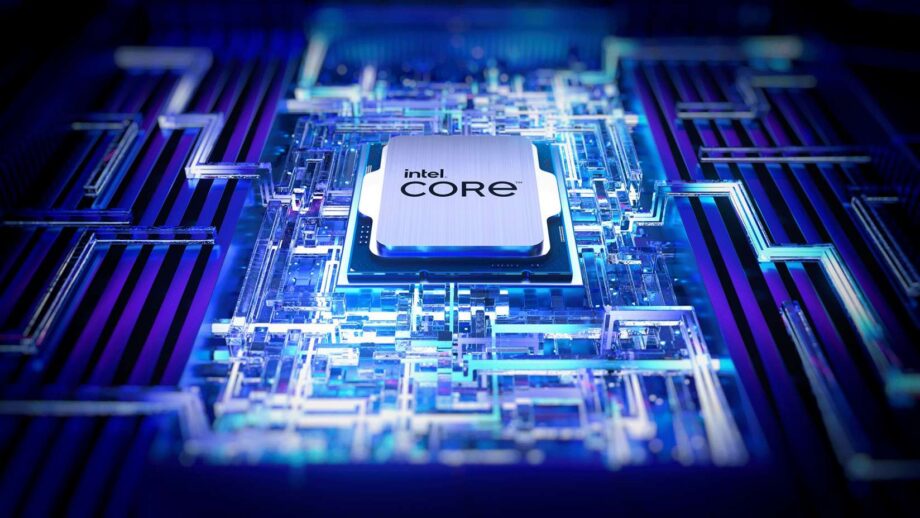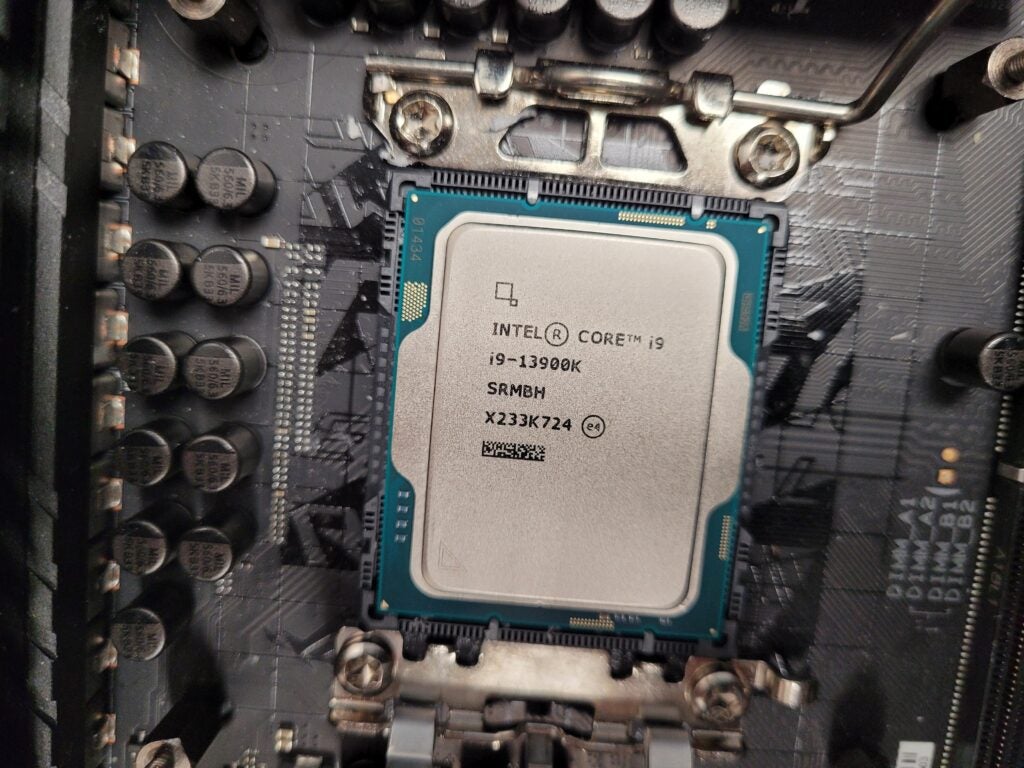Core Ultra won’t fix Intel’s branding problem

OPINION: Goodbye, i3, i5, i7 and i9 – we hardly knew you. An intriguing benchmark and a tweet from a senior Intel employee suggest “Ultra” is on the way. The reason for the rebrand isn’t immediately clear and clearing up your chip choice confusion doesn’t appear to be the priority.
If you’re not a tech reviewer or PC enthusiast, buying a new processor, desktop PC or laptop can be quite the nightmare. Both Intel and AMD really don’t help consumers with very long names that don’t make completely clear aspects of key importance, like performance and age.
You might think Apple deserves some praise here, for its shorter chip naming conventions. However, the way it determines which chip goes with what devices feels rather hap-hazard and its vague approach to graphs on performance doesn’t really help you decide whether you need an M2 Max or an M2 Ultra either.
Frankly, a lot of this is keeping me in a job, getting to explain these fun intricacies to our readers, so I shouldn’t complain. But, I don’t like dealing with these awkward names either, so here we are.
Enter, Intel. According to an Ashes of the Singularity benchmark (via BoringTextReviews), one of the next-generation Intel chips will be called “Core Ultra 5 1003H”. Intel’s director of global communications Bernard Fernandes appeared to confirm the switch, responding to rumours on Twitter. Neither of these means that “Core Ultra” is set in stone but it certainly makes the switch look likely.
My first impressions are that this is a step in the wrong direction. Intel may feel like the “i” branding is outdated but I’m not sure “Ultra 5”, “Ultra 7” and more will fix things. A change to Intel’s naming conventions has been required for some time, if only because the “i” format has become too strong. The difference in generations can be quite significant, on top of the sub-categories that create added confusion. Take some laptop chips of recent years, from your Intel Core i5-1135G7 to your Core i5-1235u or Core i5-1240p.
If you’ve ever tried advising someone on the right machine to buy, decisions can be made on the whim of “this name was similar to that name so I thought it’d be fine too.” As such, I don’t think replacing one of the clearer elements, the “i” branding, with another word – and another word that implies a certain standard – is the right way to go. Using “Ultra”, or other new names, instead of “HX” in high-performance components or “P” in more powerful thin-and-lights feels like a much more considered approach.
Thanks to Samsung and Apple, “Ultra” is now synonymous with high-end. But, Intel’s next-generation Meteor Lake chips, which are set to adopt this moniker, will use it more widely. If everything is “Ultra” then nothing is really “Ultra”.

What’s more, the Core Ultra switcheroo looks set to exacerbate the confusing lack of clarity between generations, as it appears that we may be starting from scratch, with no 14th-generation indicator in sight.
Based on the words used by Fernandes, and in line with what many companies often choose to use a branding change to signify, it looks like Intel wants to imply this is bigger than a single generational step up. That’s great but I don’t envy the average consumer attempting to decide between an Intel Core i5-13500H and an Intel Core Ultra 5 1003H.
And what comes next? Core Ultra 5 2003H? Admittedly, there is plenty I don’t know right now when it comes to Intel’s next set of naming conventions. But, to justify this switch, which doesn’t look promising when it comes to clearing things up for consumers, the chips will need to be mightily impressive. Even though, it won’t justify a perplexing system.







